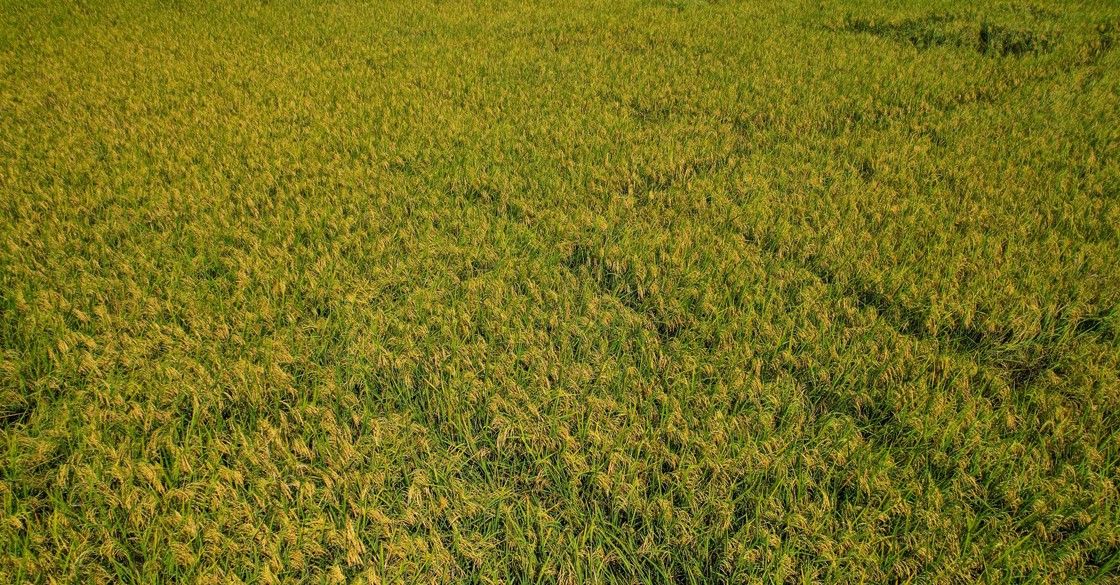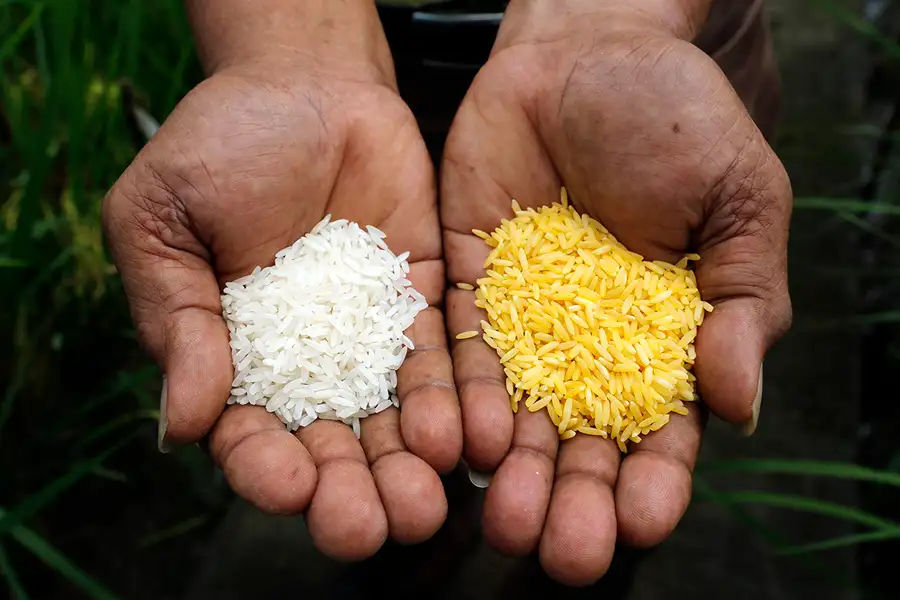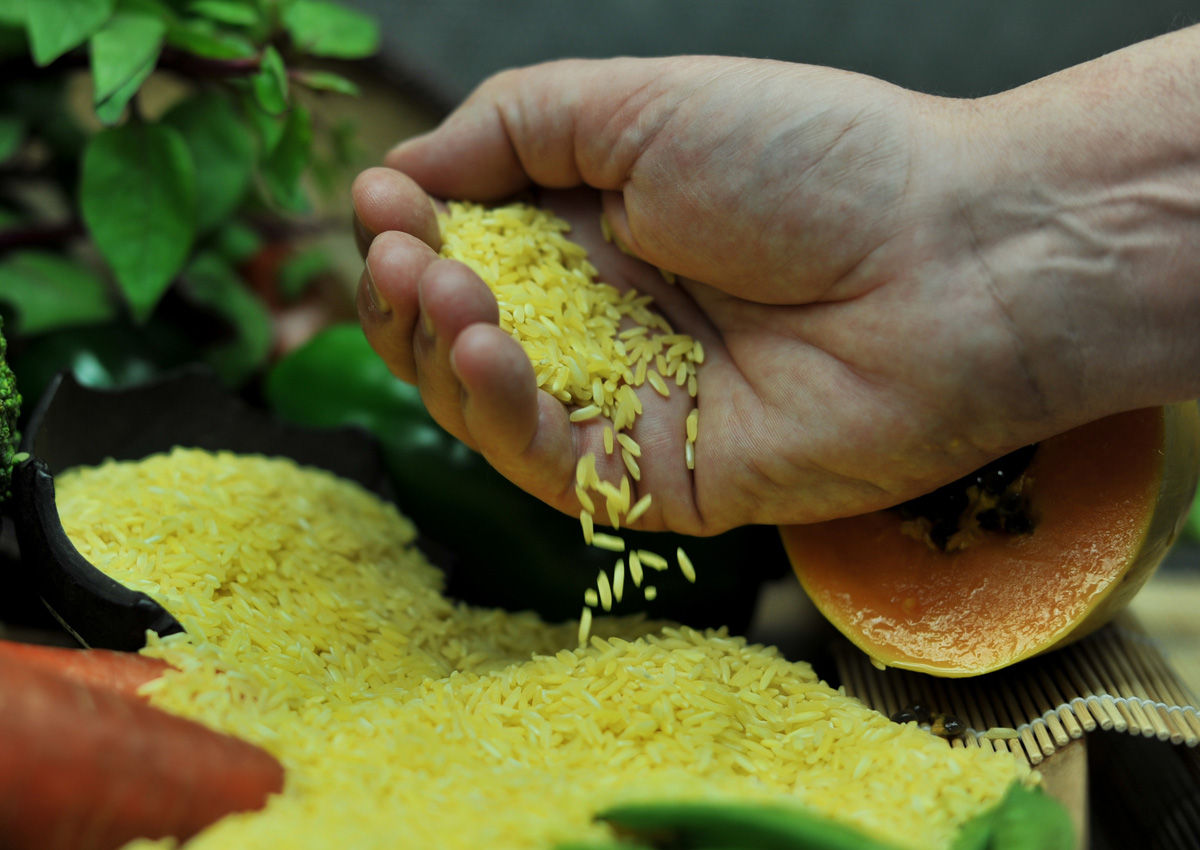Updated April 27th, 2024 at 18:15 IST
'Sone Ka Chawal' Controversy: Why Production Of Golden Rice Is Banned In This Country | Must Read
Golden rice, a genetically modified solution to vitamin A deficiency, faces controversy as Philippine court revokes commercial production permit.
Advertisement
Over the span of two decades, scientists at the International Rice Research Institute (IRRI) and the Department of Agriculture-Philippine Rice Research Institute (PhilRice) have meticulously crafted this biofortified grain, enriching it with beta-carotene, a vital precursor to vitamin A.
Yet, amidst its potential to combat childhood blindness and bolster immune systems, golden rice finds itself embroiled in a heated debate over its safety, environmental impact, and ethical implications. Recently, a landmark ruling by the Philippine Court of Appeals has cast a shadow of uncertainty over the future of golden rice, sparking renewed dialogue about the intersection of science, policy, and public health. Let's delve into the complexities surrounding golden rice and explore the implications of this pivotal verdict.
Advertisement
What is Golden Rice?

Golden rice stands as a beacon of hope in the fight against vitamin A deficiency (VAD), a pressing health issue in many parts of the world, especially in regions like the Philippines. Developed over two decades by the International Rice Research Institute (IRRI) and the Department of Agriculture-Philippine Rice Research Institute (PhilRice), this genetically modified variety of rice is not your average grain. It boasts a golden hue, thanks to its enrichment with beta-carotene, a precursor to vitamin A. This biofortified rice aims to address the staggering health impacts of VAD, such as childhood blindness and compromised immune systems, by providing a sustainable source of this essential nutrient.
Advertisement
The Debate Surrounding Golden Rice

Despite its noble intentions, golden rice finds itself entangled in a web of controversy and opposition. Critics, including small-scale farmers and environmental groups, raise valid concerns about the potential consequences of genetically modified organisms (GMOs) on both the environment and human health. There's a fear that widespread adoption of golden rice could disrupt traditional farming practices, threaten biodiversity, and perpetuate dependency on multinational corporations for seeds. Moreover, questions linger about the long-term effects of consuming genetically modified foods, with some advocating for more holistic, community-driven approaches to agriculture.
Advertisement
The Verdict from the Philippine Court
Recently, the Court of Appeals in Manila delivered a significant blow to the future of golden rice by revoking its biosafety permit for commercial production. This decision, prompted by legal action from opponents of the rice variety, reflects a broader concern about the potential risks and uncertainties associated with GMOs. The court emphasized the government's duty to safeguard the right to a balanced and healthful ecology, highlighting the need for rigorous risk assessment protocols before introducing genetically modified crops into the environment.
Advertisement

The ruling has been celebrated as a victory by groups like Greenpeace, who have long campaigned against the proliferation of GMOs in agriculture. They argue that the decision underscores the need for more transparent and science-based evaluations of biotechnological innovations. On the other hand, proponents of golden rice, including the scientists behind its development, maintain that it is safe for consumption and essential for addressing the public health crisis of VAD. They express concerns about the potential setbacks this ruling may have on future research and innovation in agricultural biotechnology.
Looking Ahead
As the dust settles from this legal battle, the future of golden rice remains uncertain. While the court's decision reflects a cautious approach to the introduction of genetically modified crops, it also underscores the complexities and controversies surrounding agricultural biotechnology. Moving forward, policymakers, scientists, and civil society must engage in constructive dialogue to navigate the delicate balance between innovation, safety, and sustainability in our quest to feed a growing global population and address pressing public health challenges like vitamin A deficiency.
Advertisement
Published April 27th, 2024 at 18:15 IST